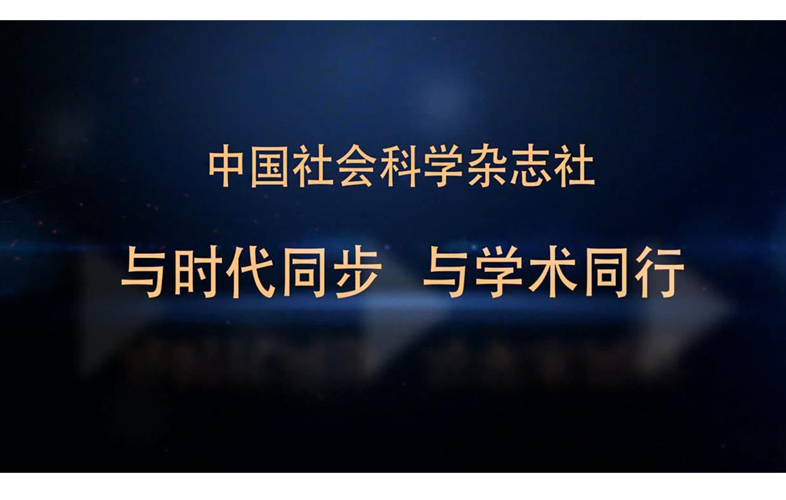Zheng Zhenman a and Mori Masao b
a Department of History, Xiamen University
b Nagoya University
Abstract:Today’s Chinese and Japanese scholars have maintained close dialogues and exchanges in their research on ancient Chinese history. The socioeconomic history of the Jiangnan region during the Ming and Qing dynasties involves two important research areas: regional history and socioeconomic history. Whereas the former embraces a holistic macro-view, the latter lays stress on the economic and social behavior of humankind. Over past years, endeavors to combine the two areas have produced a number of influential general conclusions on the social development of Jiangnan during the Ming and Qing. Professor Mori Masao, a Japanese scholar, has provided an in-depth interpretation of the theory of regional society,while Professor Zheng Zhenman, a Chinese scholar, has responded in terms of xiangzu theory. Long-term dialogues and exchanges in the international academic world that inspire theoretical innovation in studies of earlier societies can serve as a valuable source for the intellectual community.
Keywords: Ming-Qing period, Jiangnan region, socio-economic history, regional society theory, xiangzu (rural lineage) theory



